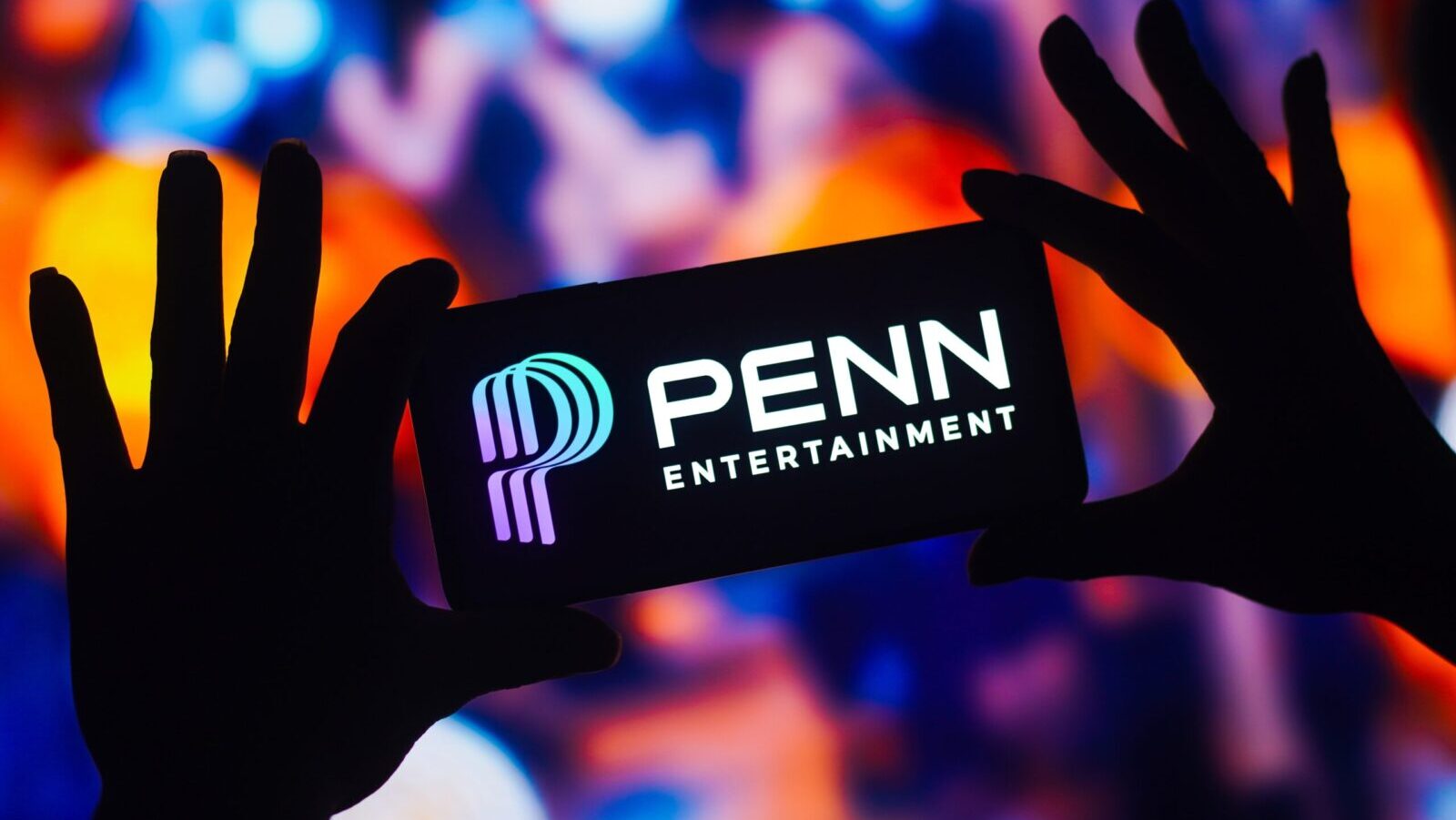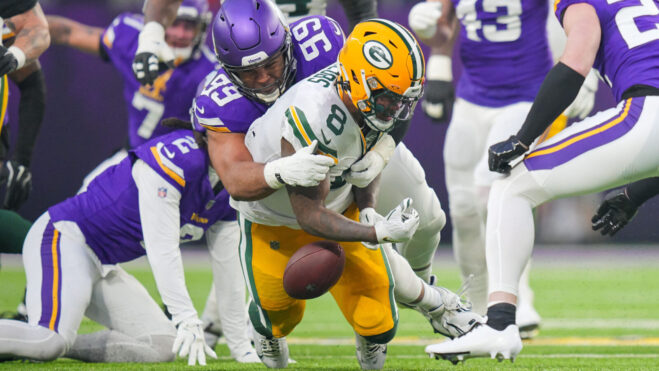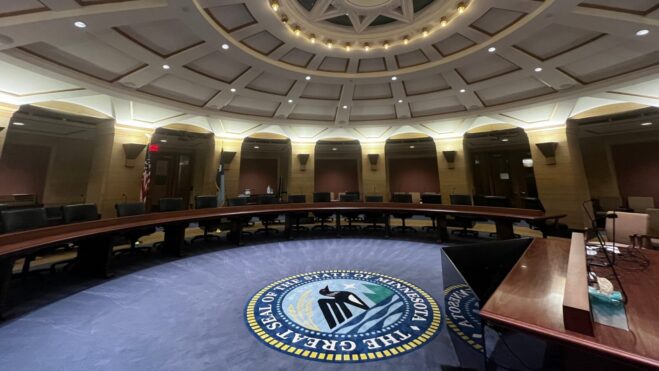Large PENN Entertainment Shareholder Nominates Three For Board, Citing ‘Abject Failure’ Of Interactive Strategy
Investment groups cites ‘reckless spending of nearly $4 billion’ as impetus to nominate members to PENN Board
3 min

Investment firm HG Vora Capital, which is a notable shareholder of PENN Entertainment, Wednesday nominated three “highly qualified” candidates for the gaming company’s Board of Directors ahead of PENN’s annual shareholder meeting.
HG Vora has been critical of PENN Entertainment’s Board, citing a notable decline in its share price and underperformance relative to peers. The investment firm pointed out shares in PENN have declined 81% over the last four years while underperforming in the S&P 500 Index. In contrast, HG Vora noted that PENN’s regional casino operator peer, Boyd Gaming, saw its shares rise 69% and 73%, respectively, in that span.
Founder and Portfolio Manager Parag Vora took a direct shot at PENN in the press release that revealed the nominations of William J. Clifford, Johnny Hartnett, and Carlos Ruisanchez, but did not call out PENN President and CEO Jay Snowden by name.
“PENN’s Board has overseen a misguided Interactive strategy that has resulted in the reckless spending of nearly $4 billion — greater than the Company’s entire market capitalization — on overpriced, poorly negotiated M&A transactions and media partnerships that have resulted in large ongoing operating losses due to an inability to execute,” Vora said. “The Company’s Interactive strategy has been an abject failure due to a pattern of overpaying, overpromising, and not delivering.
“To date, there have been no repercussions for the Board’s persistent bad judgment and disappointing shareholder returns. We believe this is in part due to PENN’s weak corporate governance, which disenfranchises shareholders and entrenches board members while rewarding its CEO with excessive compensation.”
PENN acknowledges nominee list
PENN Entertainment acknowledged receipt of HG Vora’s three nominees to the Board on Wednesday and released a statement:
The PENN Board and management team are committed to creating long-term value for all shareholders and will continue to take actions to achieve that objective. We regularly solicit feedback and engage with the investment community about our strategy, performance and business priorities.
The Board’s Nominating and Corporate Governance Committee will carefully review HG Vora’s proposed director nominees, in line with PENN’s normal evaluation procedures, and present its formal recommendation regarding the election of directors in the Company’s proxy materials, which will be filed with the U.S. Securities and Exchange Commission ahead of the 2025 Annual Meeting.
Both Clifford and Ruisanchez have prior ties to PENN Entertainment. Clifford was senior vice president, chief financial officer, and treasurer of Gaming and Leisure Properties (“GLPI”) from February 2013 to 2018. GLPI is a real estate investment trust which spun out of Penn National Gaming. He also was SVP of finance and CFO of Penn National Gaming prior to joining GLPI.
Ruisanchez, who is the co-founder of Sorelle Capital and Sorelle Hospitality, was president and CFO of Pinnacle Entertainment. He was also on Pinnacle’s Board of Directors and part of the group that led Pinnacle into its merger with PENN in late 2017.
Hartnett, who is currently a non-executive director of Superbet Group, served as CEO of that company for five years. He also served as chief development officer among various roles during a 20-year run at Flutter Group, which coincided with its acquisition of U.S. mobile sports betting marketplace leader FanDuel.
ESPN BET yet to ignite
Mobile sports betting is among the most public-facing aspects of PENN Entertainment, and it has struggled to gain traction to join the ranks of the second tier of operators in the U.S. behind FanDuel and DraftKings.
After failing to gain notable marketshare with Barstool Sportsbook — it placed a $450 million valuation on Dave Portnoy’s upstart media group in August 2022 in exercising an option to acquire 100% of Barstool — PENN sold Barstool Sports back to Portnoy barely one year later and rebranded once more to ESPN BET.
Despite a heavy promotional spend in November 2023 that accompanied ESPN BET’s national rollout, PENN still struggled to gain traction behind marketplace leaders FanDuel and DraftKings. It also has underwhelmed since its belated entrance into New York last September. ESPN BET gained just 2.1% of the handle market share of the $2.28 billion wagered online in December with $48.7 million worth of accepted bets and has had a 5.8% hold since launch.
ESPN BET generated $9.2 million in revenue in New York in 2024, a figure that FanDuel often exceeds on a weekly basis. That lack of success gets compounded given the state’s 51% tax on operator revenue. Snowden targeted a 7% market share for ESPN BET after 12 months of operation, but the mobile sportsbook struggled to reach that percentage in nearly all 17 markets where it is currently live.
Internet casino gaming to the rescue
If there is one gaming aspect beyond brick-and-mortar gaming where PENN has shown some shoots of progress, it is internet casino gaming. Though still a limited market with only seven states legalized, PENN has been able to ride the wave of double-digit, year-over-year growth seen in most markets.
Its combined skins in Pennsylvania — which includes its internal app, DraftKings, BetMGM, and Fanatics — generated $568.5 million in adjusted gross revenue in 2024. That was up 16.6% from 2023 and led all casino licensees in the Keystone State.
Its Charles Town property in West Virginia — home to its internal skin, DraftKings, and Fanatics — reported iGaming revenue up 59.3% compared to 2023 to $95.2 million.
Its internet casino revenue growth was slower in Michigan, however, up 11% to $51.9 million. That lagged behind the overall state rise of 26.9%.






